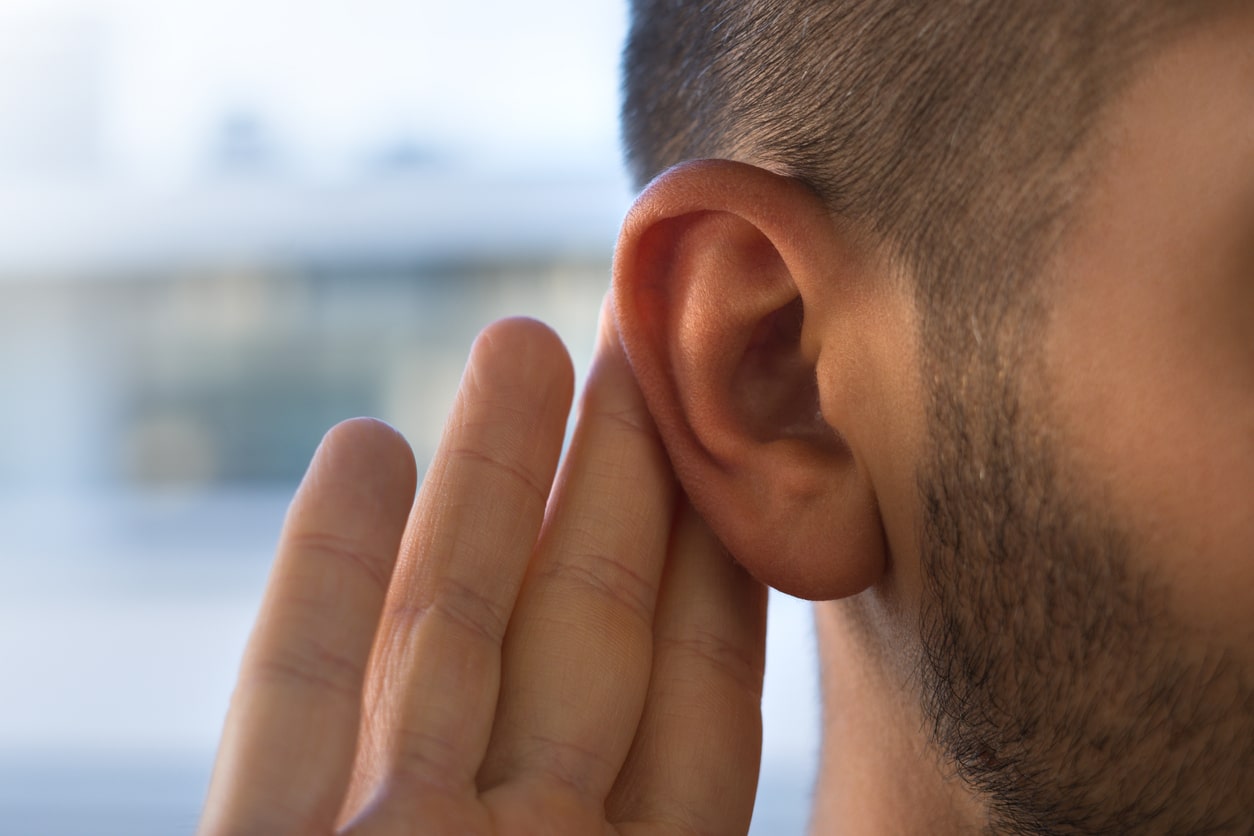Every October, the American Academy of Audiology highlights the importance of hearing health during Audiology Awareness Month. It’s a great time to learn more about hearing loss and what you can do to protect yourself. While you’re out enjoying the crisp autumn air and the vibrant colors of the season, take a moment to prioritize your hearing health. Let’s explore common sources of hearing loss and how you can take proactive steps to keep your ears healthy.
Noise Exposure

Everyday activities like listening to music at a high volume, attending concerts or working in noisy environment can contribute to noise-induced hearing loss. Sounds above 85 decibels (dB) can lead to permanent hearing loss over time, while sudden bursts of noise over 120 dB can cause immediate damage. A couple of ways you can help protect your ears from noise-induced damage include:
- Monitor volume levels. Set a volume limit of 80 dB on your devices, and consider using over-the-ear, noise-canceling headphones to minimize external noise, allowing you to listen at safer volumes.
- Wear hearing protection. Use earplugs or earmuffs when attending events with high noise levels, like concerts or sports games.
Head Trauma
Accidents and sports injuries can damage the tiny bones in your middle ear, leading to hearing loss. The delicate structure of your ear can easily be affected by a strong impact, so protecting your head is also a form of ear protection. To help protect against injury, wear a helmet when playing contact sports at French Park or biking around town.
Cotton Swabs
One 2011 study surveyed 239 patients in primary care centers and found that an alarming 68% used cotton swabs to clean their ears. While using cotton swabs to clean your ears might seem harmless, it can actually cause earwax impaction, puncture your eardrum and even result in temporary or permanent hearing loss. To keep your ears healthy, avoid putting anything smaller than your elbow inside them. Instead, let a professional remove excess earwax.
Audiology Awareness Month is a perfect reminder to evaluate your hearing health and take preventative steps. Contact Ear, Nose & Throat Consultants today to schedule an evaluation with one of our trusted experts.